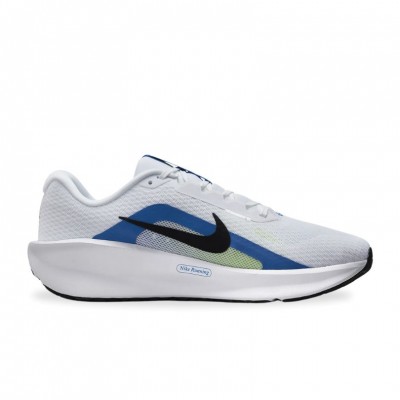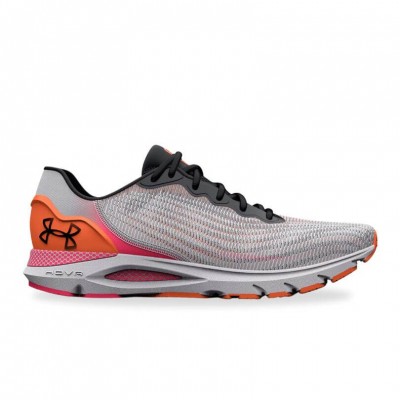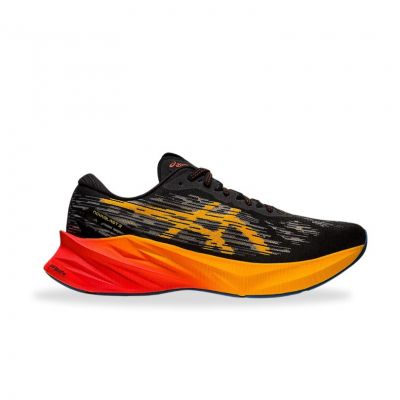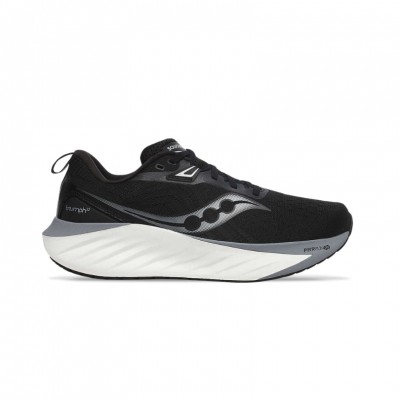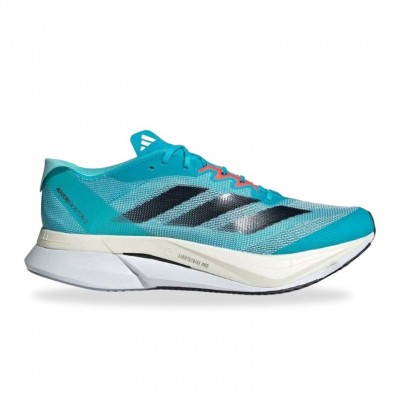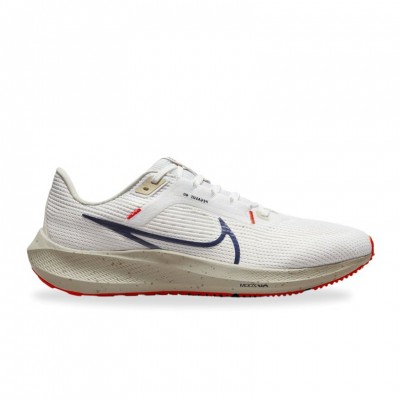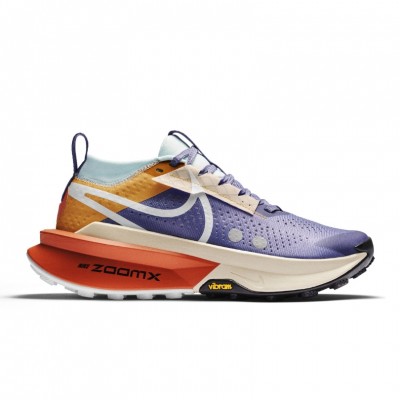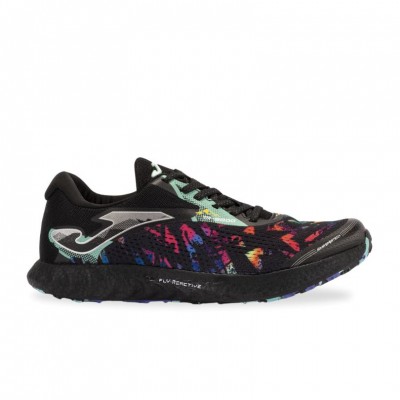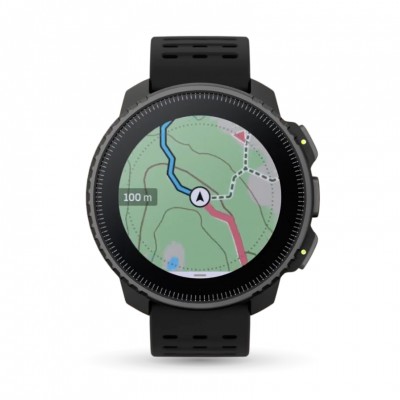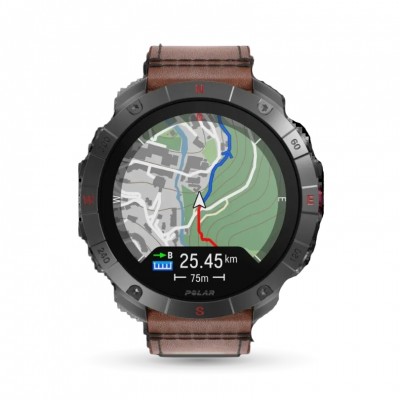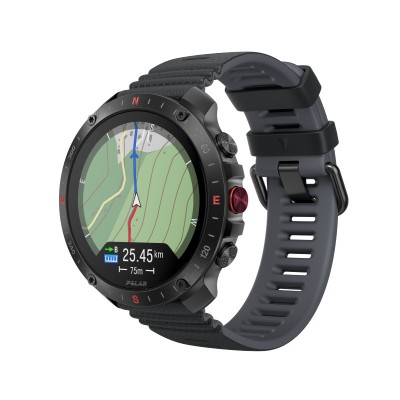The beginning of a new year is an unbeatable occasion to take stock of the sporting year, analyze our performance, think about what aspects need to be improved or where we got it right. In turn, these early stages of 2018 can be a perfect time to spend valuable time thinking and looking for new sports projects that will allow us to be motivated during the training sessions of the new year.
Although it may seem obvious, the thing about being clear about the main challenges of the sports year is not always given. Therefore, not having established medium- or long-term objectives can lead athletes to fail to achieve their goals, a direct consequence of a competitive calendar riddled with short-term objectives. In other words, starting the new year without clear main objectives and competing systematically every few years, as a way of preparing for those main competitions, may lead to not achieving the desired goals. Therefore, it will be necessary to dedicate a prudent time to think about what we want to do during this new year.
With the aim of minimizing the mistakes we can make during the new season, this post tries to highlight common mistakes when planning a sporting year.

Not analyzing the data related to our performance
Nowadays, new technologies allow us to have more and more information about our sports performance. In addition to access to this information, the ability to have this data in real time offers us the possibility of knowing a multitude of parameters that are not always easy to interpret correctly. Everyone has a cell phone with an application that reports data concerning average speed, step time, etc. with greater or lesser accuracy. All this information is amplified if you also train and compete with a heart rate monitor (heart rate monitor).
However, although we have all this information at our fingertips, the question to ask is: Do we analyze and use this data? To carry out a simplistic analysis of training sessions such as: "yesterday I ran for 45 minutes at 4 minutes per kilometer, therefore tomorrow I will run for 60 minutes by feeling to make an active recovery", without monitoring the heart rate, which certifies that we are in the "regenerative" training zone, can lead to an inadequate recovery.

A sports calendar full of competitions
Sometimes, the desire to compete over various distances means that the main competition is not specifically prepared for. We will not have to train in the same way for a 10K as for a half marathon, as they demand different physiological adaptations.
Therefore, if we want to improve our performance over a particular distance, we will need to dedicate adequate time to training and generate specific physiological adaptations for that competition. Professional athletes do not compete in events as different as a half marathon and marathon in a short period of time, why, sometimes, amateur athletes do it?

Ignorance of the demands of physiological adaptations specific to a particular event
Another mistake that we can face is not knowing the specific needs that a race will demand from us. That is to say, even if we compete with hundreds of other people in the same sports competition, the training needs will be different for each person. For example, for a 10K competition, a runner trying to run 35 minutes will not have to train in the same way as a runner aiming to run under 60 minutes.
Therefore, we should pay more attention to the time we expect to take rather than the distance itself. This will give us vital information to successfully prepare our training sessions for the desired distance.

Not following the principles of sports training
Knowledge of the principles of sports training is an indispensable tool in the training process. Without being the table of the ten commandments and despite the fact that the vast majority of popular runners are unaware of them, the application of these principles will provide our season planning with a certain rigor and structure when trying to achieve the desired performance.
Therefore, the principles of individualization, progression in the loads, recovery, etc. are mandatory to achieve optimal performance at any distance.

Not assessing a specific physiological adaptation with a performance test
Another aspect to take into account in the training process is the performance test to analyze the athlete's state of fitness at a given time and evaluate the physiological adaptations generated up to that period.
Therefore, if we are specifically training our Maximum Aerobic Speed (MAS) we will have to do a specific test to evaluate the good performance of this parameter. It will not be valid, nor reliable to participate in a 10K competition to try to evaluate this improvement, since the performance in any test is multifactorial.

Failure to perform a proper medical examination
Although today almost all athletes are aware of the need to undergo a proper medical examination, a large proportion still do not do so. It is curious to observe how one of the main reasons for practicing sports is to improve health, but, at the same time, this large number of athletes start running without knowing if their body is really capable of withstanding this workload. In addition to the need to carry out this examination, in many cases, an evaluation of the physiological thresholds can be added, which will help us to delimit the training zones and be more efficient in our preparation sessions.

Trying to copy the workouts of professional athletes
Sometimes, the great motivation of popular athletes and their lack of knowledge of training and planning processes makes them take as a reference the training sessions of elite athletes. The criterion they use in many cases is a reduction in the intensity of training and the volume of this with respect to high-level athletes. This error is very common, and goes against the principle of individualization of training.
"A popular runner will not have the same training base as a professional athlete, nor the recovery capacity of the latter, and much less the physiological adaptations".
At this point, it is necessary to emphasize that different subjects can reach the same performance through different paths (physiological adaptations). In other words, a half marathon runner can improve his performance by various factors: improvement of his VO2max, improvement of his running economy, improvement of the speed associated with his anaerobic threshold, etc.
Based on this last example, it is clear that the same training recipe for all runners will not yield the same improvement, since we are not giving each runner the training they need to maximize their performance.

Not having the advice of a qualified professional
Lastly, nowadays, it is not difficult to see in any competition GPS watches, specific racing shoes, technical clothing and all kinds of accessories for sports practice. What is more difficult to find are popular athletes who are under the supervision of a qualified person such as a graduate in Physical Activity and Sport Sciences.
Many of these popular athletes dedicate considerable time to their physical preparation, but without the help of a professional. In many cases, these athletes are self-taught or follow mantras such as "no pain no gain" that will surely cause "more pain than gain" in the medium and long term. That is why it should be a basic premise of every popular runner to be advised by a professional. Such a resource will bring us a safer and more effective sport practice.
And here we would like to introduce you to our training and nutrition academy AcademyWin. Get to know us and try training with us.
Read more news about: Running Training




